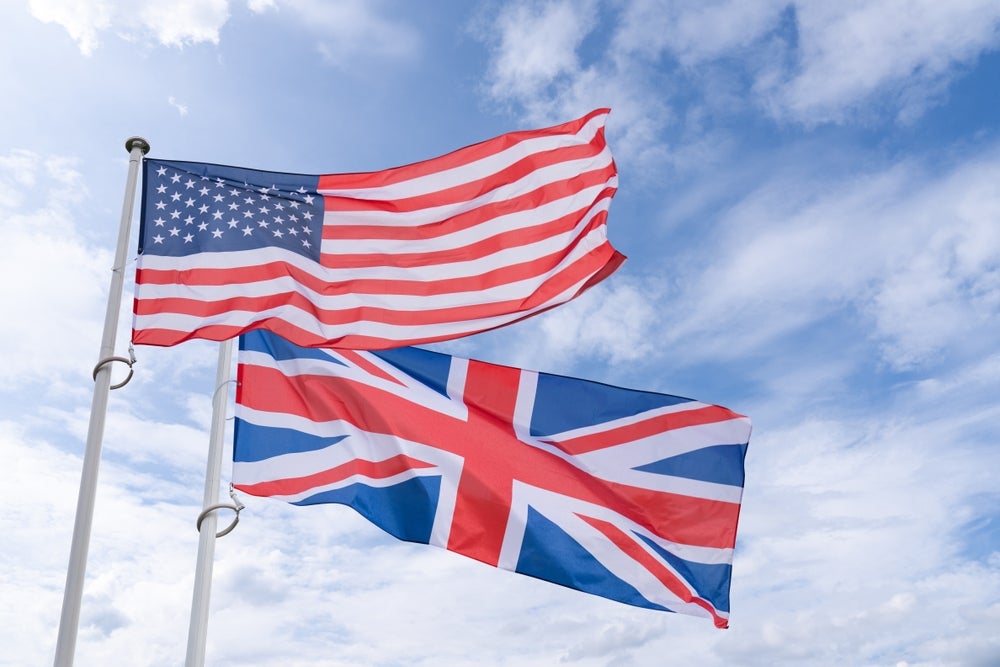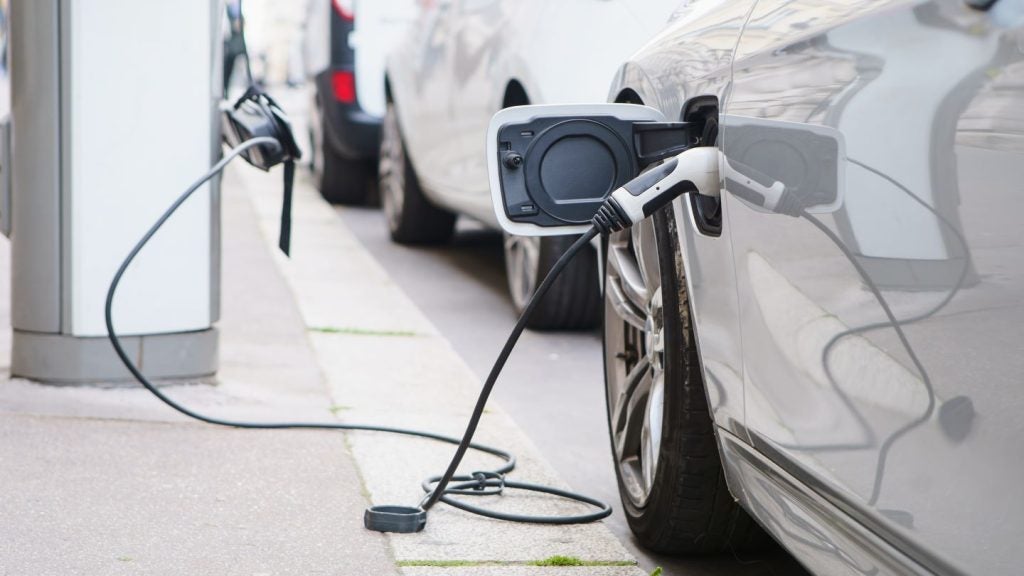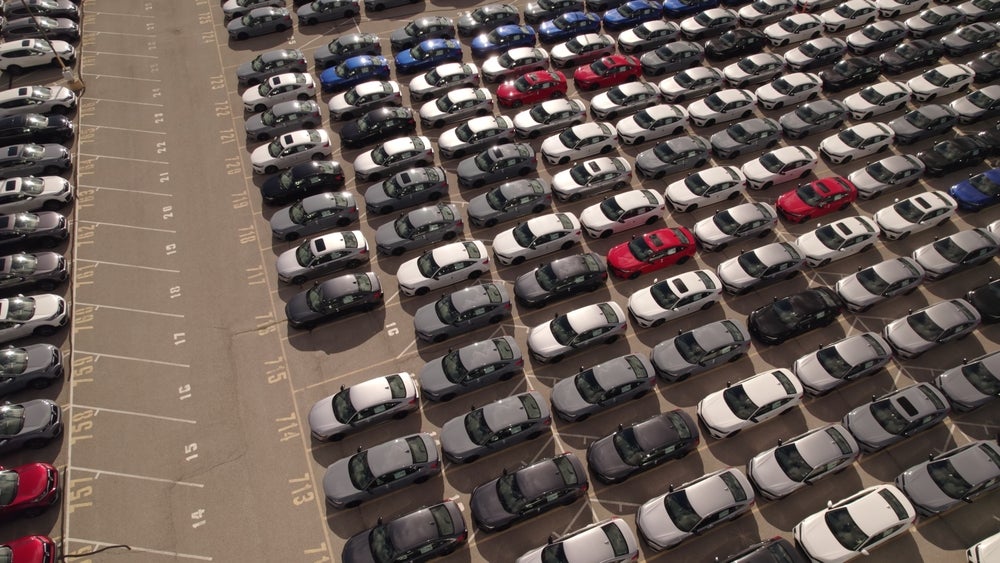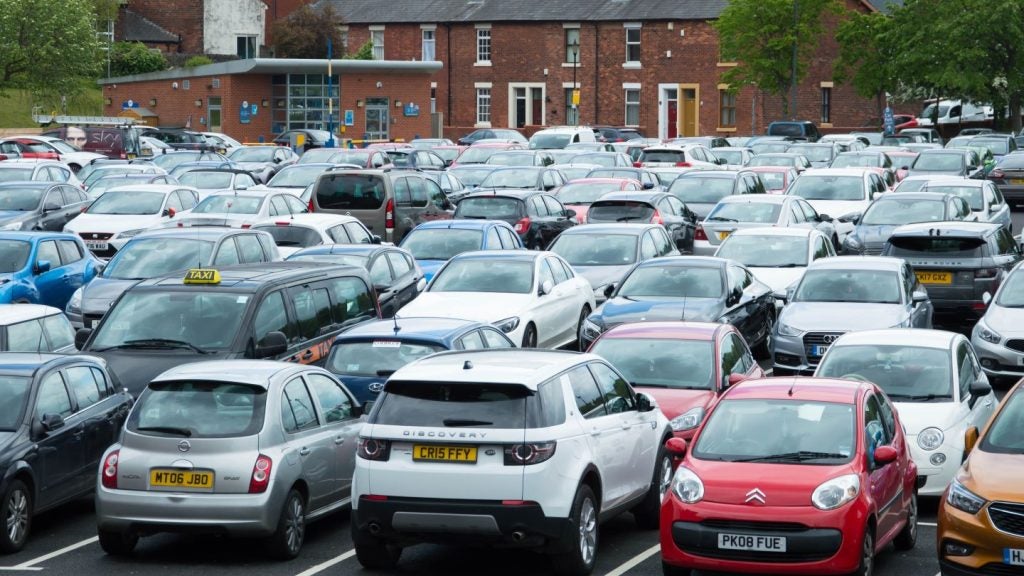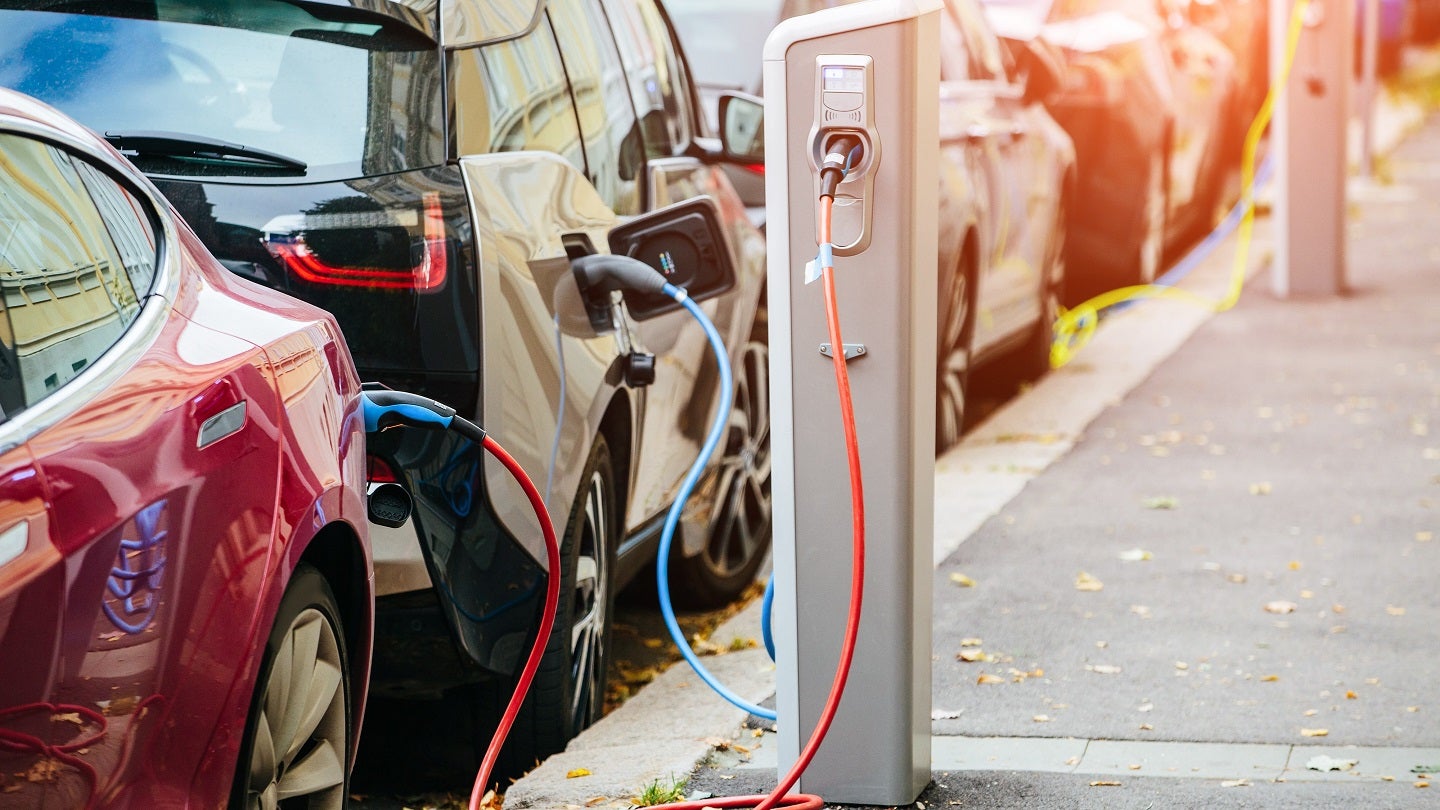
European consumers prefer internal combustion engine (ICE) models, particularly plug-in hybrids (PHEVs), over battery electric vehicles (BEVs), according to a survey by Bloomberg Intelligence (BI).
Despite government targets pushing for a transition to electric vehicles, only 18% of potential buyers are considering BEVs for their next purchase.
This sentiment could potentially lead to a reassessment of the 2035 deadline to ban ICE sales, with 68% of respondents advocating for a delay, BI said in its second auto-buying intentions survey.
The BI survey indicates a rise in the popularity of hybrids, with an even split in interest between PHEVs and hybrid electric vehicles (HEVs).
However, this interest is not yet fully reflected in sales figures, with PHEVs and HEVs holding market shares of 8% and 10%, respectively, last year.
The preference for hybrids is significant, with 46% of respondents favouring them over BEVs, posing a challenge to manufacturers such as Tesla and new Chinese market entrants.

US Tariffs are shifting - will you react or anticipate?
Don’t let policy changes catch you off guard. Stay proactive with real-time data and expert analysis.
By GlobalDataBI’s survey also suggests that 74% of consumers would hesitate to purchase an imported vehicle, which bodes well for European brands that benefit from strong domestic loyalty.
BI senior industry analyst Michael Dean said: “European carmakers are dialling back EV sales goals in 2024 due to rising consumer apathy. Our latest research shows less than one in five private buyers favour EVs, with nearly half preferring hybrids. This is a trend which plays to BMW, Mercedes and Toyota’s strengths, but disadvantages pureplay Tesla and China brands.
“Tesla’s sales outlook continues to deteriorate, as it fell to fourth from pole position (in August) in our buyers’ ranking of most-wanted brands as competition in the BEV space intensified. Audi now tops the list, closely followed by Mercedes and BMW. Porsche is not far behind as the most sought-after luxury brand, ahead of Ferrari.
“Tesla’s continued price cuts, as it seeks to move about one million units of ramped-up capacity in its Austin, Texas; and Berlin plants may put off potential buyers concerned over resale values. Meanwhile, European consumers need reassurance over the quality, technology and second-hand values of imported Chinese brands.”
Concerns about the lack of charging points, range anxiety, and high vehicle prices were cited as major deterrents to switching to BEVs.
Despite the rapid expansion of the European charging infrastructure, the current 780,000 public connectors fall short of the 1.4 million needed by 2025 to align with Bloomberg New Energy Finance’s (BNEF) base transition scenario.
Range anxiety remains a top concern, as 77% of BEVs registered in Europe in 2023 had ranges below 500km.
Additionally, the survey found that 83% of respondents consider new car prices in Europe to be too high.
Nevertheless, 27% plan to proceed with their purchases by economising elsewhere while 26% are contemplating delaying their purchase in anticipation of price reductions, and 25% intend to opt for lower-specification models.
Dean added: “Overall, brand loyalty in Europe looks strong, with 62% of survey respondents confirming they are likely to buy the same marque and only 14% intent on changing (versus 17% in August). Brand retention is highest in Germany, with just 10% of those surveyed unlikely to purchase the same car again. This bodes well for German automakers’ domestic market share of close to 60%.
“Stellantis’ Peugeot had the lowest loyalty rating, though it may draw comfort from responses to follow-up questions that suggested the main reason for changing brands were the ability to afford a more expensive car or the unavailability of a preferred model.”



